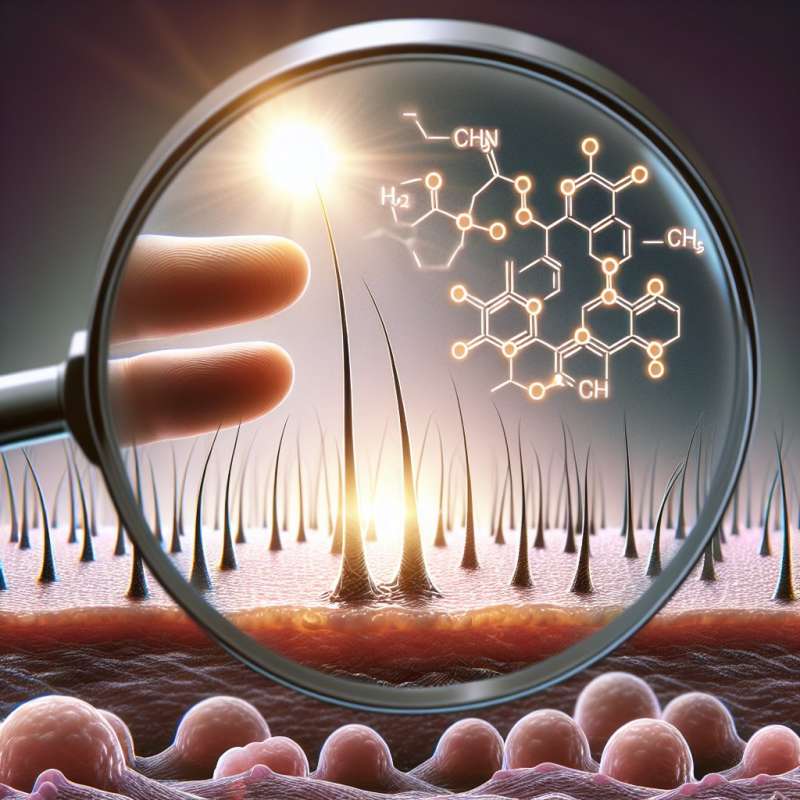
Understanding DHT Inhibition
Dihydrotestosterone (DHT) is a hormone linked to hair loss, particularly male pattern baldness. DHT inhibitors work by blocking the conversion of testosterone to DHT, potentially slowing or preventing hair loss.
DHT's Role in Baldness
DHT affects hair follicles adversely, causing them to shrink, weaken, and eventually stop producing hair. This process is called follicular miniaturization and is a key factor in androgenetic alopecia.
Finasteride: A Key Inhibitor
Finasteride, a well-known DHT inhibitor, is used to treat hair loss. By inhibiting the 5-alpha-reductase enzyme, it reduces DHT levels in the scalp and serum, slowing hair loss in men.
Natural DHT Blockers
Several natural substances, such as saw palmetto, pumpkin seeds, and green tea, are believed to act as DHT blockers. Their efficacy varies, and they might offer a gentler alternative to synthetic inhibitors.
DHT Inhibitors' Side Effects
While DHT inhibitors can combat hair loss, they may also lead to side effects like decreased libido, erectile dysfunction, and mood changes due to the hormonal alteration in the body.
DHT Beyond Hair Loss
DHT inhibitors also show promise in treating other conditions like benign prostatic hyperplasia (BPH). By reducing DHT, these inhibitors help decrease prostate size and alleviate urinary symptoms.
Inhibitors and Gender Variances
DHT inhibitors are primarily prescribed to men. Women must exercise caution due to teratogenic risks, and potential hormonal imbalances, especially during pregnancy.
What does DHT stand for?
Dihydrotestosterone
Dihydrotestosterone Hydrolysis
Direct Hair Treatment
Company